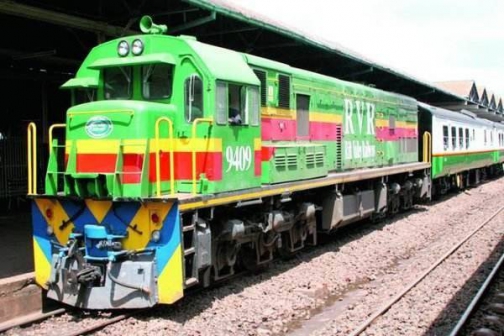×
The Standard e-Paper
Smart Minds Choose Us

The World Bank has released its final report revealing that more than Sh16.5 billion loaned to Rift Valley Railways (RVR) by a consortium of international financiers was misappropriated.